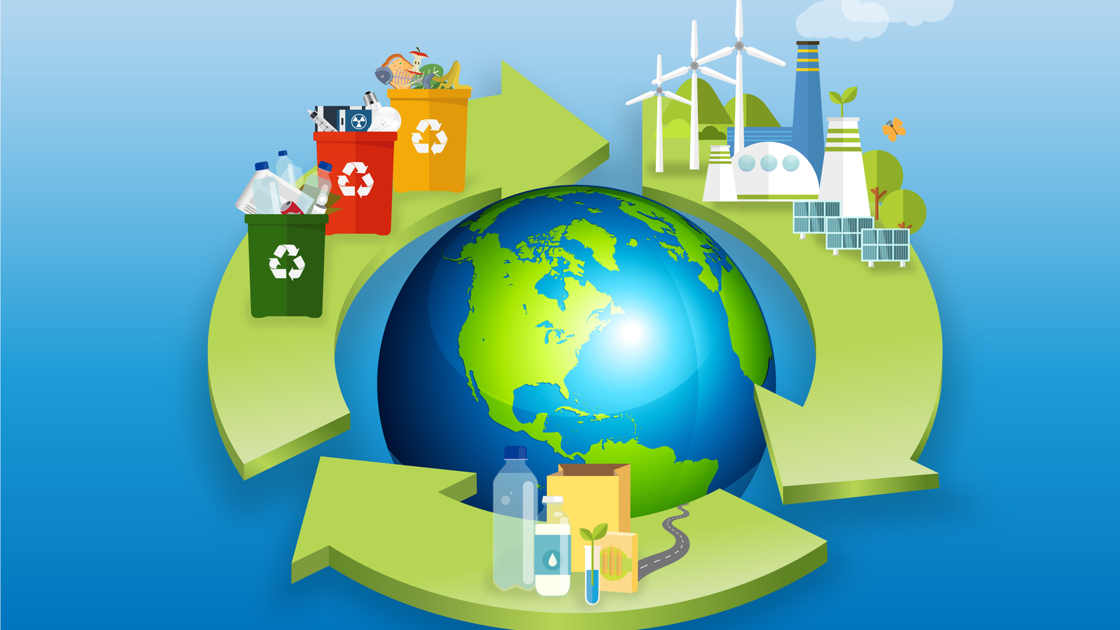It is wrong that consumers should be able to buy ‘sustainable’ products that can be easily repaired and recycled but are produced by underpaid workers or under poor health and safety conditions.
On 30 March, the European Commission launched a new circular economy package aimed at making sustainable products the norm in Europe. IndustriAll Europe welcomes this package as it will considerably boost the much-needed transition towards a circular economy, if correctly designed and implemented. Unfortunately, the package fails to integrate a Just Transition agenda. The European Commission is therefore missing an opportunity to give full meaning to ‘sustainability’ in its policy making – integrating environmental, economic and social aspects.
The package contains new rules to make almost all physical goods on the EU market more environment friendly, circular and energy efficient throughout their whole lifecycle - from design to end-of-life. It includes products coming from outside the EU. Concretely, this means that new ecodesign requirements will be defined for each category of products to extend their life cycle and ensure that they are fit for a climate neutral and circular economy, preventing waste and boosting material recovery. This is a very important step forward. It comes at a right time to achieve our climate goals and working towards European energy and raw materials independence.
IndustriAll Europe is deeply disappointed however, that the European Commission fails to include social requirements for sustainable products, i.e. the working conditions under which the products were made. This, despite numerous discussions on the social aspects of sustainable production during the consultation phase. The European Commission argues that social aspects of production will already be covered by the proposed Directive on Corporate Sustainable Due Diligence. We recall the many shortcomings of this proposal, notably the limited scope of the directive. As is stands, the directive would apply to (extra) large companies only, which account for less than 0.2% of EU companies.
Judith Kirton-Darling, Deputy General Secretary of industriAll Europe said:
“It is good that products on the European market must in future respect strong environmental standards. The requirement for eco-conception will clearly help the transition towards more circularity. But we cannot accept that there is no obligation to respect social standards! It is wrong that consumers should be able to buy ‘sustainable’ products that can be easily repaired and recycled but are produced by underpaid workers or under poor health and safety conditions.”
This journey towards a more circular economy is a concrete example of policies to enable the transition of our European industries. It would have been an opportunity to tackle social challenges as well. Unfortunately, the package does not propose any social measures and nothing to support workers.
Judith Kirton-Darling added:
“We must ensure that the circular economy in Europe will lead to good jobs. For this to happen we need stronger collective bargaining and social dialogue at all levels. We also have to ensure that circular economy policies include a strong focus on skills and competences. The transformation of our industries must be anticipated and prepared with the involvement of workers and their unions. That is the only way to ensure a fair transition that leaves no worker and no region behind”.
IndustriAll Europe is committed to fight for a Just Transition of our industries and is currently partner of a project on circular economy in the metal and chemical sector.
Contact: Andrea Husen-Bradley (press and communication), Sophie Grenade (policy adviser)
